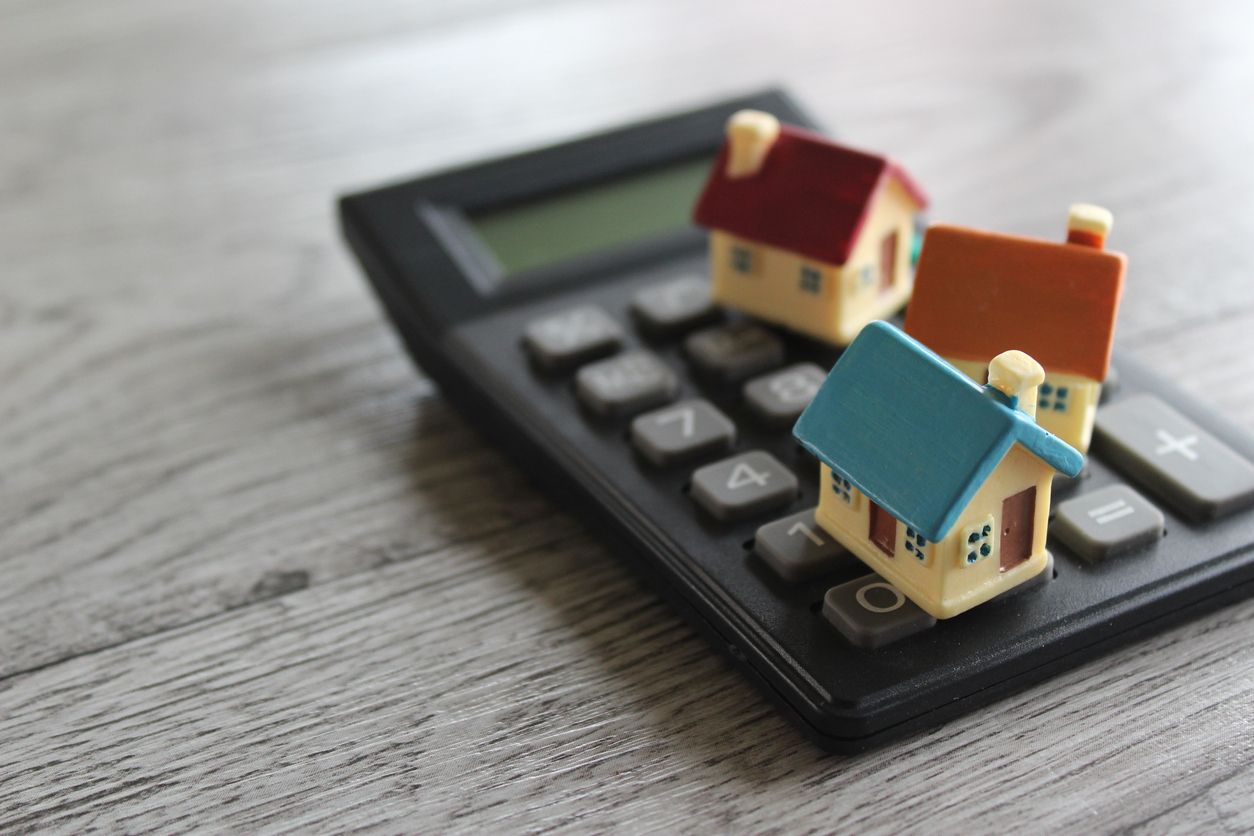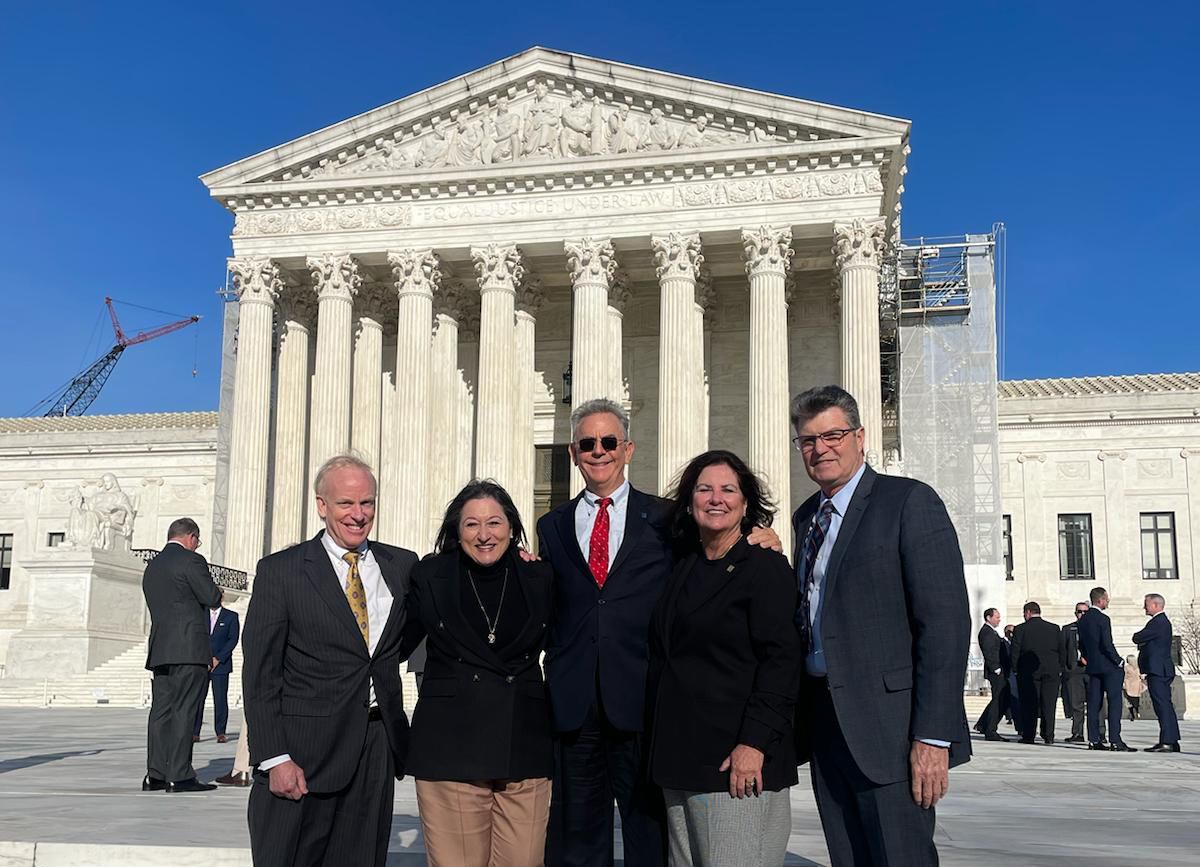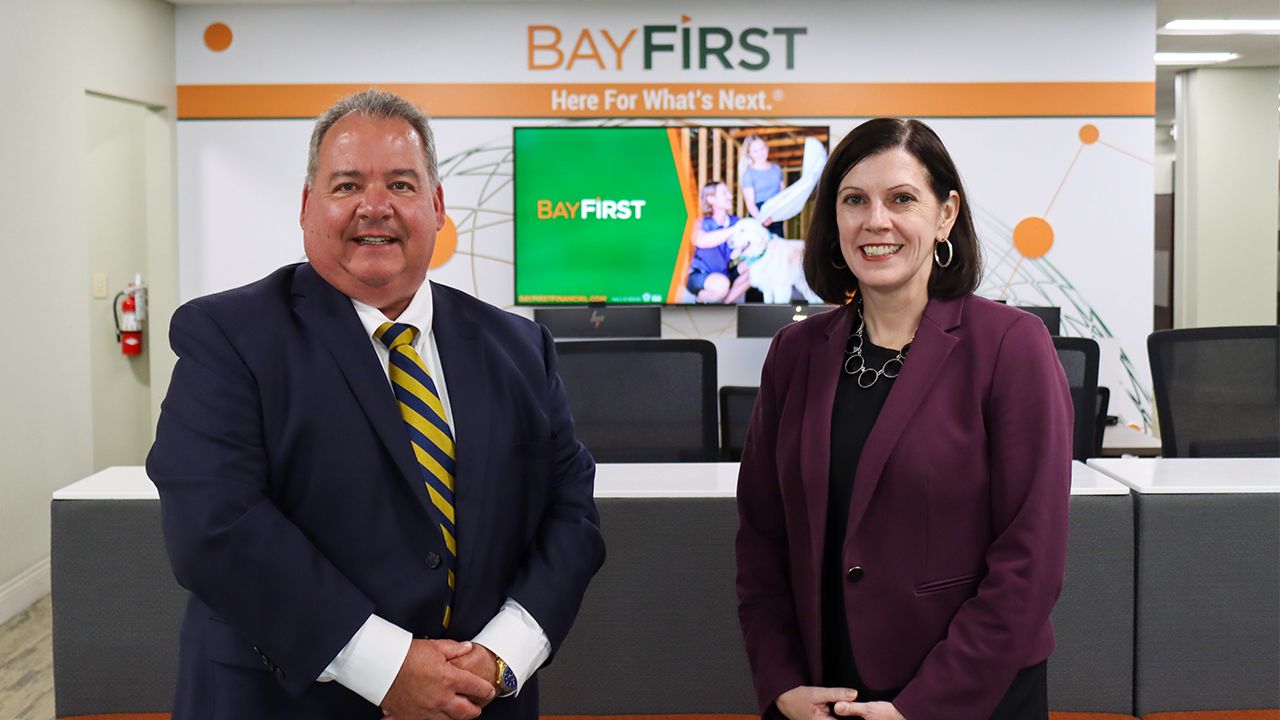By Brian Carter, partner at Maudlin & Jenkins
It feels great to get a high price for the sale of your home but, in some cases, the IRS may want a piece of the action. When you sell a house for more than what you paid for it, you could be subject to a capital gains tax on the profit you make from the sale. The good news is that many people avoid paying capital gains tax on the sale of their primary home because of the Section 121 exclusion that lets you exclude $250,000 if single and $500,000 if married, filing jointly, of the gain from your taxable income.
The sale of your home can be tax-free as long as you meet certain criteria:
You must have owned the home and used it as your principal residence for two out of the last five years. The two years do not have to be consecutive to qualify.
You must not have sold a home in the last two years and claimed the capital gains tax exclusion.
If the capital gains do not exceed the exclusion threshold, then you do not owe taxes on the sale of your house.
Not everyone can take advantage of the capital gains exclusion. Gains from a home sale are fully taxable when:
- The home is not your principal residence.
- You owned the property for less than two years.
- You didn’t live in the house for at least two years, in the 5-year period before you sold it.
- You have already claimed the home sale capital gains exclusion within the last two years.
- You bought the house through a like-kind exchange.
- You’re subject to expatriate tax.
If you have a taxable gain on the sale of your home because you don’t meet all of the requirements, there are special rules that may allow you to claim either the full exclusion or a partial exclusion. If you sell your house because of a change of employment, change of health or other unforeseen circumstances, such as a divorce, multiple births from a single pregnancy or military deployment, you may be able to treat part of your profit as tax-free even if you don’t pass the two-out-of-five-years tests.
Note: A reduced exclusion does NOT mean you can exclude only a portion of your profit. It means you get less than the full $250,000/$500,000 exclusion. For example, if a married couple owned and lived in their home for one year before selling it, they could exclude up to $250,000 of profit (one-half of the $500,000 because they owned and lived in the home for only one-half of the required two years).
Divorce
If you acquire ownership of a home as part of a divorce settlement, you can count the time the place was owned by your former spouse as time you owned the home, for purposes of passing the two-out-of-five-years test.
If either spouse dies and the surviving spouse has not remarried prior to the date the home is sold, the surviving spouse can count the period the deceased spouse owned and used the property toward the ownership-and-use test.
Military
If you or your spouse are on qualified, official, extended duty in the Uniformed Services, the Foreign Service or the intelligence community, you may elect to suspend the five-year test period for up to 10 years. Essentially, as long as the military member occupies the home for two out of 15 years, they qualify for the capital gains exclusion. An individual is on qualified, official, extended duty if for more than 90 days or for an indefinite period, the individual is at a duty station that’s at least 50 miles from his or her main home or residing under government orders in government housing.
If it turns out that all or part of the money you made on the sale of your house is taxable, you need to figure out your capital gains income. For simplified purposes, profit is defined as the difference between the adjusted basis of your home (original cost plus the cost of capital improvements you’ve made) and how much you sold it for. Capital improvements add value to your home, prolong its life or give it a new, or different, use. They don’t include expenses for routine maintenance and minor repairs, such as painting. Examples of improvements are a new roof, a remodeled kitchen, a swimming pool, new driveways or central air conditioning.
Let’s say, for example, that you bought a home 10 years ago for $150,000, made improvements of $50,000 and sold it today for $800,000. Your net profit would be $600,000. If you’re married and filing jointly, $500,000 of that gain might not be subject to the capital gains tax — but $100,000 of the gain could be.
Also, capital losses from other investments can be used to offset the capital gains from the sale of your home. Keep in mind that you can only take $3,000 of your total net loss in a single year, but any excess losses can be carried forward to subsequent tax years.
The bottom line is that taxes on capital gains can be substantial. Fortunately, the Taxpayer Relief Act of 1997 provides some relief to homeowners who meet certain IRS criteria.

Brian Carter, CPA, is a partner with Mauldin & Jenkins, LLC. Brian received his BBA in Accounting from Mercer University, in 1996, and is licensed as a CPA in Georgia and Florida. Since joining Mauldin & Jenkins, Brian has specialized in providing a variety of accounting, auditing and tax services to not-for-profit organizations, affordable housing developers, restaurants, construction contractors and manufacturing and distribution entities. Brian also consults with not-for-profit board of directors on governance and policy issues and is a frequent speaker to various trade and civic organizations on topics affecting the not-for-profit industry. Brian is a member of the American Institute of Certified Public Accountants, the Florida Society of Certified Public Accountants and a member of the Leadership Florida Cornerstone Class 38.















